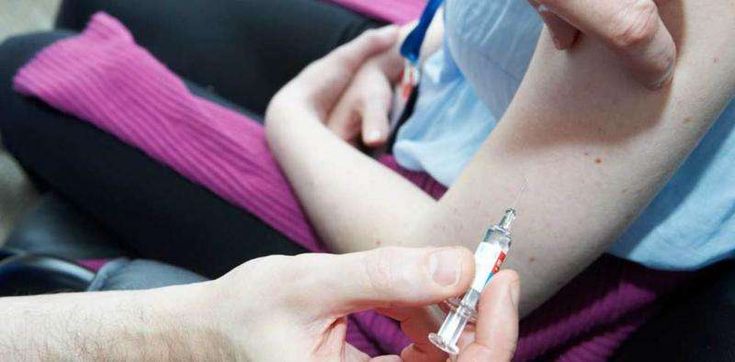By coming into contact with the genitalia of someone who is infected with the HPV virus, you can develop genital warts. Despite the absence of visible warts, the virus may be present on the skin.
Even if you use condoms or avoid penetrative intercourse, you might still develop warts since a condom does not completely enclose the genital area.
Symptoms of genital warts:
You can see lumps or growths near your vagina, Anal warts treatment penis, or anus that weren’t there previously if you have genital warts. You can, however, carry the infection without getting real warts.
It is impossible to determine when you first came into contact with HPV since symptoms might appear years after you have been exposed to the virus.
Due to a shift in how the immune system handles the virus, warts frequently develop or recur during pregnancy.
Testing for genital warts:
Usually, a strong immune system can eliminate the virus or suppress it over time. This implies that the warts would ultimately disappear.
You should schedule a consultation with your doctor or get in touch with your neighbourhood sexual health services if you suspect you have genital warts.
Online appointment booking:
Using the online booking system, you might be able to schedule a time for a STI test. For various NHS board areas, this varies.
Treating genital warts:
Depending on the nature of your warts, you may receive a variety of treatments. You will discuss this with the doctor or nurse. Options for treatment include:
Surgery
The warts can be removed by a doctor, nurse, or laser. Typically, this is only advised if the warts are resistant to treatment or are too big for cream or freezing. These therapies’ side effects include:
Recurring genital warts:
Even if you have succeeded in getting rid of warts, they might return. After they initially manifest, this may occur weeks, months, or even years later.
By eating right and exercising, you may try to avoid this by keeping your body and immune system as strong as possible.
Stopping to smoke lowers your chances of eradicating the virus, thus it is suggested.
The therapy doesn’t work for everyone. Although there is no treatment for genital warts, the virus may eventually be eliminated by your body.
Avoiding passing on genital warts to a partner:
The easiest strategy to prevent transmitting genital warts to a partner is to always use a condom whether having vaginal, anal, or oral intercourse. The virus can still spread, though, if it is present on skin that is not covered by a condom.
Reducing the risk of genital warts:
Use a condom for vaginal, anal, and oral intercourse to lower your chance of developing genital warts.
Even if you wear condoms, you might still develop warts since they don’t completely protect the vaginal region.
HPV and cancer:
In the UK, both boys and girls are given the HPV vaccine to prevent cervical cancer and genital warts.
Men who have sex with men (MSM) and trans persons up to the age of 45 are also given the HPV vaccination.
If you didn’t receive the vaccination at school and don’t meet the prerequisites listed above, you can buy the vaccination privately.



